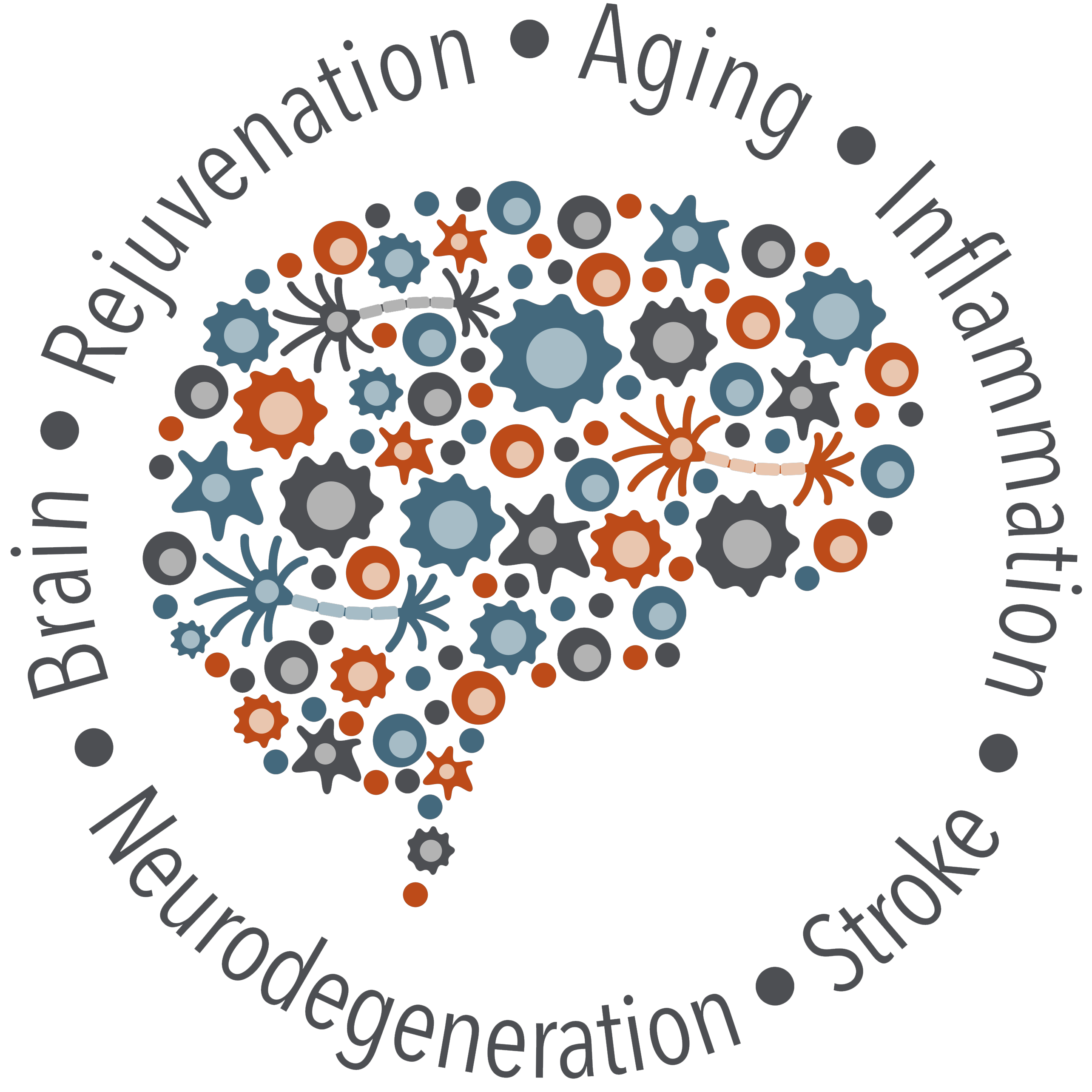Andrey Tsvetkov Lab


Andrey Tsvetkov, PhD – Associate Professor
Education & Training
MS Molecular Biology, Moscow State University – Russian Federation
PhD Physiology and Biophysics, University of Illinois – Chicago, IL
Areas of Interest
Research interests: Non-conventional DNA and RNA structures in brain aging, lipids in cellular senescence, lipids as regulators of transcription, and Huntington’s Disease
Publications
Click HERE for list of publications through PubMed
Overview of Research
G-quadruplexes in the brain
DNA and RNA sequences containing four stretches of guanines are able to form tetra-stranded stable structures called the G-quadruplex (G4-DNA and G4-RNA). Although G4-DNA and G4-RNA have been studied in vitro for years, it is now clear that these structures are controlled by various G4-binding proteins and play important roles in DNA replication, transcription, and RNA processing in vivo. In the lab, we investigate whether manipulating G4-DNA and G4-RNA pathways could be a new target for treatment of neurodegenerative diseases and slowing aging.
Molecular mechanisms of neuronal autophagy
Abnormal intracellular protein deposits and damaged organelles characterize many neurodegenerative disorders. Neurons are less able to degrade abnormal proteins and damaged organelles as they become older, linking the build-up of protein deposits and organelles and the appearance of adult-onset neurodegenerative disorders. We focus on the physiological and pathophysiological functions of macroautophagy (often called autophagy) in age-associated neuronal dysfunction and neurodegeneration. Our studies strongly suggest that at least some autophagic pathways can be modified with autophagy enhancers to boost degradation of abnormal protein, resulting in improved neuronal health.
Transcriptional dysregulation in brain aging
Epigenetic mechanisms, such as chemical modifications of DNA or associated proteins, are important in modulating gene transcription and, as a result, in regulating mechanisms of healthy and pathogenic aging. Phospholipids are abundant within the interior of the nucleus, but their function is not clear. Our data suggest that phospholipids target many proteins in the neuronal nucleus that epigenetically control transcription and DNA homeostasis. The goals of this project are to uncover fundamental molecular mechanisms by which phospholipids transcriptionally regulate successful and unsuccessful aging.
Chemotherapy- and virus-induced brain damage and aging
The degenerative processes induced by some chemicals or neurotropic viruses are remarkably similar to processes in aging. Thus, the mechanisms by which neurons cope with a chemical or viral insult may be a useful model of natural aging. Understanding the common mechanisms in chemically or virally associated neurological disturbances and aging can produce insights into our understanding of aging in general. The goals of this project are to understand molecular mechanisms by which chemotherapy drugs and neurotropic viruses induce neuronal dysfunction and accelerated aging.
 Rocio Diaz Escarcega, PhD – Senior Research Associate
Rocio Diaz Escarcega, PhD – Senior Research Associate
Education and Training
BS Chemistry, biology with minor in pharmacy
PhD Neuroscience (2019)
Areas of Interest
Research interests: Neurodegenerative diseases, molecular neurobiology, pharmacovigilance, machine and deep learning for image analyses
Research & Experience
I worked in a Neurophysiology lab under the guidance of Dr. Beltran-Parrazal and Dr. Morgado-Valle at the University of Veracruz, Mexico. I studied the subcellular distribution of fusion and fission proteins and their correlation with mitochondria morphology in response of Ca2+ homeostasis in neurons and astrocytes.
Currently studying neuronal functions of sphingosine kinase 2 (SK2) with Andrey Tsvetkov at The University of Texas McGovern Medical School at Houston. SK2 is a molecule that generates a fat-like compound that participates in a variety of processes critical for cells in the brain. We discovered that SK2 regulates a variety of processes in the neuronal nucleus including DNA damage responses, transcription, and protein degradation. Using novel fluorescence microscopy techniques and disease models, I plan to identify the molecular mechanisms regulated by SK2 in aging and neurodegeneration.
Hobbies & interests
Cooking, movies, sleeping, traveling and I love reptiles
 Vijay Kumar M J, PhD – Postdoctoral Research Fellow
Vijay Kumar M J, PhD – Postdoctoral Research Fellow
Education and Training
MSc Biochemistry, Osmania University – Hyderabad, India
PhD Neuroscience, Jawaharlal Nehru Centre for Advanced Scientific Research (JNCASR) – Bengaluru, India
Areas of Interest
Research interests: Neurodegenerative diseases, neurobiology, machine learning for image analysis
Clinical interests: Molecular mechanisms of brain aging, senescence, neurodegeneration, autophagy
Research & Experience
I did my PhD under the mentorship of Professor James Chelliah, and Professor Ravi Manjithaya, Department of Neuroscience, JNCASR. My doctoral research work was focused on understanding the impaired proteostasis in Huntington’s disease with an emphasis on autophagy dysfunction. My work was the first finding to show that basal autophagy is spatiotemporally maintained across different stages of disease progression in the HD mouse model, R6/2. I also showed that the drug Nilotinib (TasignaTM) is not neuroprotective and unable to rescue the behavioral deficits in the R6/2 mouse model. Apart from this project, I was also involved in another project, where I studied neurodevelopmental deficits in autism spectrum disorder and showed that small molecule 6BIO restored cognitive, emotional, and social symptoms by pharmacological intervention, particularly in adulthood in Syngap1+/- mouse model.
Despite our increasing understanding of pathogenesis of age-related neurological disorders, there are many areas that are unexplored or overlooked that created a gap in developing novel therapeutics to combat aging. Recently, Dr Andrey Tsvetkov lab has showed that stabilized G-quadruplex (G4-DNA) structures in brain cells cause genomic instability and contribute to neurodegenerative phenotypes. In continuation of these novel findings, my current work is focused on how G4s and G4 helicases contribute to accelerate the aging process and promote senescence in brain cells. I hypothesize that homeostatic imbalance of G4s, and G4 helicases are hallmarks of cellular senescence in brain aging and Alzheimer’s disease. I plan to conduct molecular and cellular experiments in mouse and human model systems to elucidate how G4s regulate aging process.
Hobbies and Interests: Cooking, cricket, badminton, movies, and I love dogs